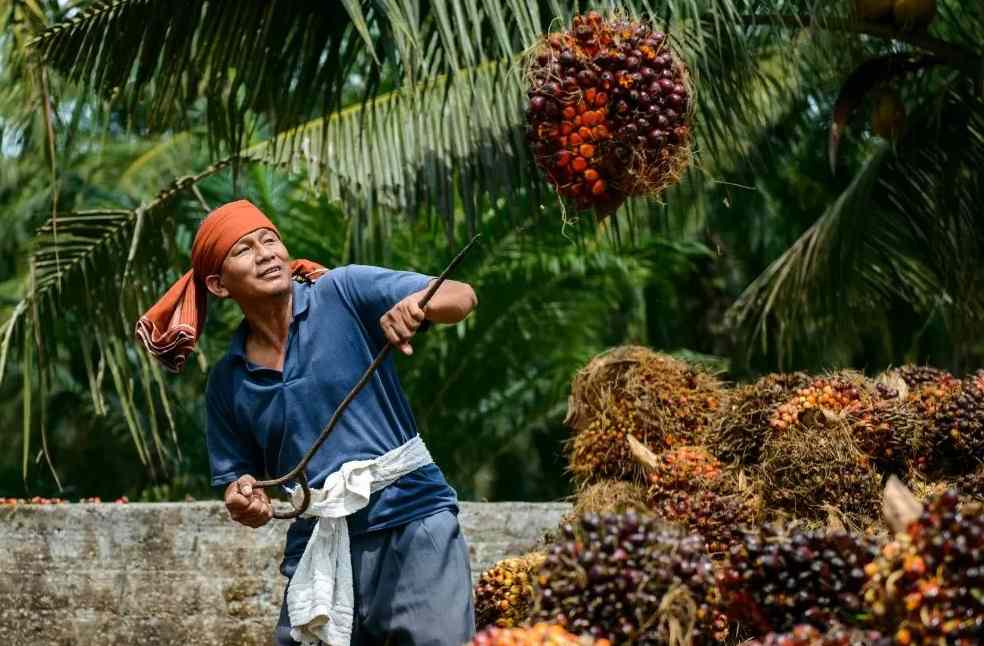Indonesia has won a landmark World Trade Organization (WTO) case against the European Union (EU) over discriminatory practices against palm oil. This marks a major milestone in the nation’s quest for energy sovereignty. Deputy Speaker of the Indonesian People’s Consultative Assembly (MPR) Eddy Soeparno described the victory as a testament to the country’s commitment to self-reliance in energy security and sustainable development.
Eddy, who also serves on the House of Representatives (DPR) Commission XII, highlighted the pivotal role of President Prabowo Subianto’s diplomacy in securing the decision. “This victory reaffirms President Prabowo’s commitment to ensuring Indonesia remains sovereign in its energy pursuits, resisting external pressures,” he stated on January 18, 2025.
The WTO ruling is set to revitalise Indonesia’s palm oil-based biodiesel sector, previously subjected to EU restrictions. Eddy emphasized that the decision paves the way for greater market access, particularly in emerging economies while boosting the country’s energy security.

“President Prabowo’s international diplomacy has strengthened Indonesia’s position globally, enhancing its bargaining power amid intensifying trade tensions involving major economies like the U.S. and China,” Eddy added.
Eddy also stressed the need for sustainable practices in palm oil production. He called for broader adoption of biodiesel blends such as B40 and B50, alongside renewable energy solutions like biofuels and bioavtur, to reduce fuel imports and promote eco-friendly energy.
“Adhering to the principles of the Indonesian Sustainable Palm Oil System (ISPO) is crucial for enhancing competitiveness, lowering greenhouse gas emissions, and achieving Indonesia’s net-zero targets by 2060,” he said.
Coordinating Minister for Economic Affairs Airlangga Hartarto hailed the decision as validation of Indonesia’s position in the palm oil and biodiesel dispute. “This ruling demonstrates that the EU’s discriminatory policies can be successfully challenged,” Airlangga said on January 17, 2025.

The victory is expected to influence other EU regulations, including the European Union Deforestation Regulation (EUDR). The recent delay in EUDR implementation, now slated for December 30, 2025, reflects the EU’s unpreparedness, according to Airlangga.
The Indonesian government is also intensifying efforts to counter policies like the EUDR, which disproportionately impact the 41% of palm oil plantations managed by smallholder farmers.
The ruling has fortified regional collaboration between Indonesia and Malaysia in opposing palm oil discrimination. Airlangga expressed optimism that this momentum will aid the ongoing negotiations for the Indonesia-European Union Comprehensive Economic Partnership Agreement (IEU-CEPA).
“With this victory, we hope to eliminate barriers in the IEU-CEPA negotiations and finalize the agreement to benefit both parties,” Airlangga concluded.
BUSINESS GENERAL | Governor Kemp Strengthens Georgia’s Economic Ties with Germany, Poland



